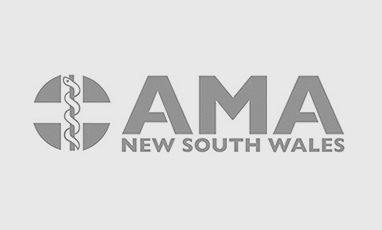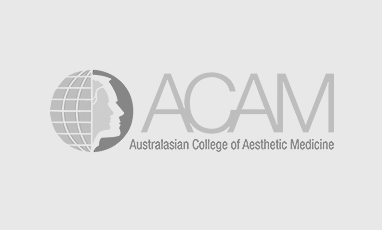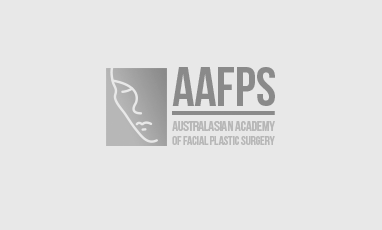WHAT IS ADENOID & TONSIL SURGERY?
Consideration of adenoid and tonsillectomy surgery can be necessitated by different diseases in adults and children but pathology concerning the tonsils and adenoids can affect people of all ages.
There are two major indications for tonsillectomy/adenoidectomy: infection and obstruction. Infection means recurrent tonsillitis. Obstruction, more common in children, presents with a range from snoring through to obstructive sleep apnoea. This is severe snoring associated with obstruction or periods of cessation of breathing.
With so many symptoms it is important to see your family doctor if you are concerned, but recurrent tonsillitis needs attention from a specialist.
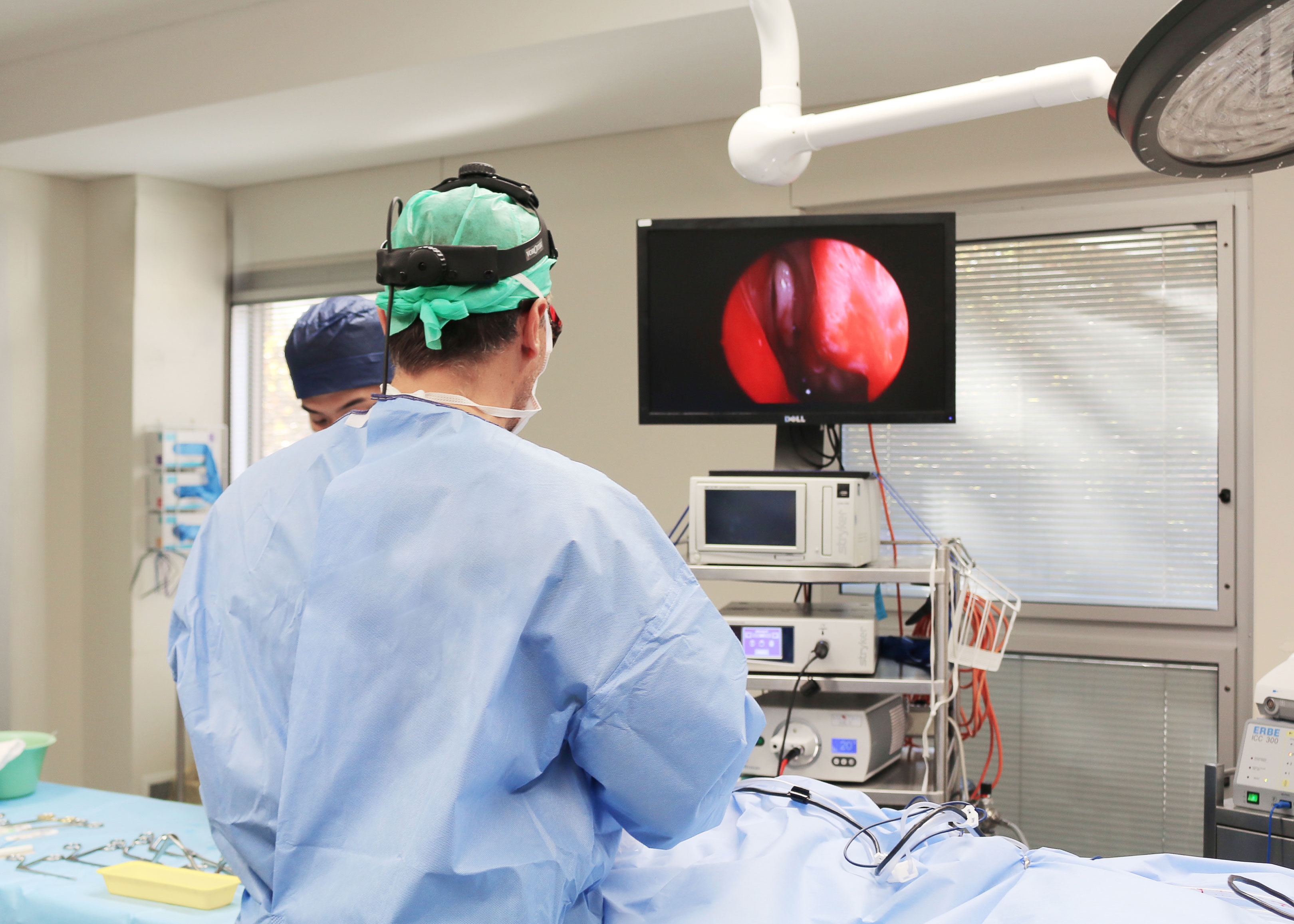
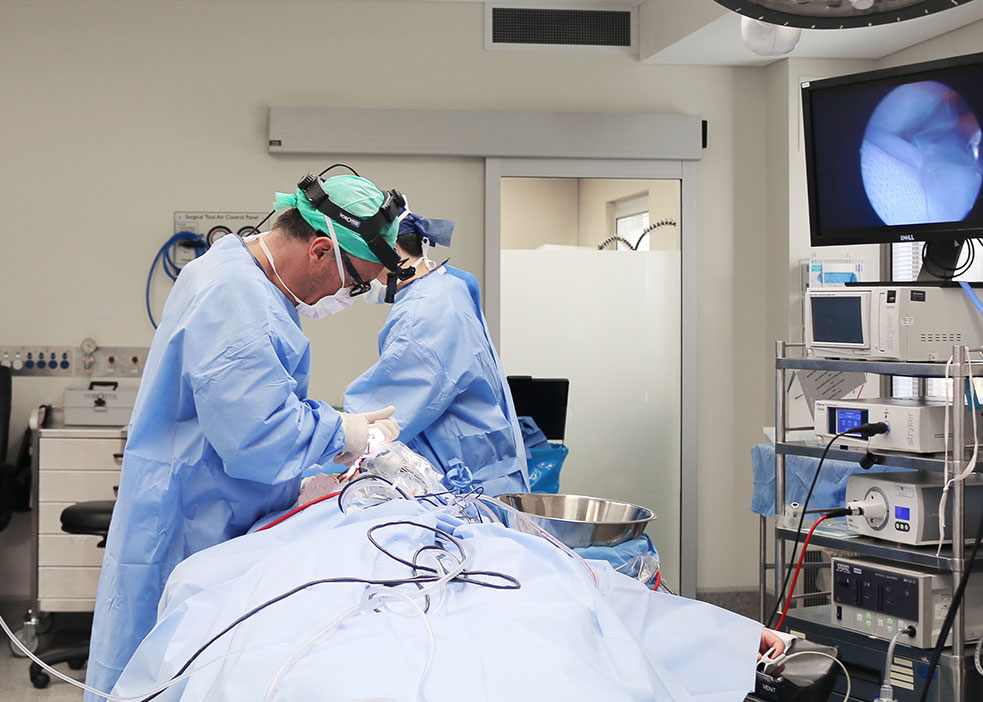
TONSILLECTOMY & ADENOIDECTOMY IN CHILDREN
The decision for your child to have surgery can be daunting. There are lots of mixed messages in the community about the function of the tonsils, the risks and outcomes of tonsillectomy and changes in your child after this procedure.
Tonsillectomy and adenoidectomy is a very frequently performed procedure. Like all procedures, it has some risks that Dr Mooney will discuss with you in detail. The major risk is post operative bleeding which can affect 5% of cases. Because of this we routinely keep our patients in hospital overnight. However, many thousands are performed each year in Australia with the vast majority proceeding without significant problems. Dr Mooney has been performing this operation since 1996 and has performed several thousand of this procedure.
The tonsils do not form a ‘filter’, children do not have more infections without them and there is no change in growth or immunity of your child. These facts have been statistically proven.
Parents may report a positive change in their child. Parents have said post procedure they find their child sleeps better and who, of course no longer has tonsillitis. Sometimes they also notice a child who’s behaviour has improved and who eats with more enthusiasm.
CHILDREN & TONSILLITIS
Difficulties with adenoids and tonsils are very common in the paediatric population; kids often need treatment of tonsillitis, and tonsils and adenoids often cause snoring and breathing problems in children. Tonsillitis is very common and presents with sore throat, fevers and a generally unwell child. However, presentation may be varied, and can present as abdominal pain, listlessness, even behaviour changes. After repeat attacks the presentation may change and may be more subtle; a child that is ‘whingey’, a poor eater, has fevers with no clear cause, a change in your child’s voice or even ear pain.
With so many symptoms it is important to see your family doctor if you are concerned, but recurrent tonsillitis needs attention from a specialist.
Dr Mooney will take a careful history from the parent/s and examine your child. He will guide your family as to the safest and best treatment options for your child. Sometimes recurrent infections can be treated with medication. Alternately, Dr Mooney may suggest surgery. The presentations more likely to need surgery are more than four to six attacks of tonsillitis in a year, attacks requiring hospitalisation, infections requiring more than one course of antibiotics, and tonsillitis in kids with other medical problems.
CHILDREN, SNORING & SLEEP DISORDERED BREATHING
The tonsils and adenoids can be so large that they obstruct breathing in your child at night. Simple snoring in an adult is often just an ‘inconvenience’, but in children it can be much more significant. Without the breathing strength of adults and with much more brittle oxygen reserves, snoring can be a real medical problem for kids. If your child is snoring heavily, if you have watched him/her sleeping and it looks like breathing is laboured and especially if your child stops breathing, even for short periods you should make an appointment with a specialist.
Dr Mooney will again take a history from you, the parents and examine your child. Occasionally medical treatment is possible and it is important to exclude unusual causes for snoring. However, most often the enlarged tonsils and adenoids are to blame and surgery is often suggested.
ADULTS & TONSILLECTOMY
Adults presenting with tonsillitis are a very different situation. Tonsillitis in adults presents much the same as kids, but the implications and interruption of normal life are much more significant. The presentation is much the same: sore throat, fevers, sweat, days off work or study, and this happening repeatedly. After repeated attacks many adults report ‘always feeling tired’, a ‘nagging sore throat’, ‘always feeling down or depressed’, or ‘the antibiotics just don’t work any more’.
Most adults who visit our clinic with tonsillitis are keen for a solution to the problem, and tonsillectomy can potentiall provide this solution.
Tonsillectomy in adults solves the problem of tonsillitis forever. Surgery requires a general anaesthetic, a night in hospital and generally a week off work. Post operatively, tonsillectomy can be painful, but is better tolerated with careful analgesia management.
Tonsils can also cause concern in adults in patients who snore, who smoke, and if there is asymmetry between both sides. Often tonsils are the cause of bad breath too.
Please contact our Patient Coordinator through our Online Inquiry Form or call 0484 900 384 to book a consultation today.
Any surgical or invasive procedure carries risks. Before proceeding, you should seek a second opinion from an appropriately qualified health practitioner.
FAQ’S
Expect to spend about 30 minutes with Dr William Mooney for a thorough adenoid and tonsil consultation.
You will first be greeted by Dr Mooney’s receptionists, they will ask you to fill in a form with basic details.
This is followed by a formal consultation with Dr William Mooney.
He will assess your full medical history and a medical examination is performed.
Adenoid and tonsillectomy can be a different disease in adults and children but pathology concerning the tonsils and adenoids can affect people of all ages.
In children, tonsils can be responsible for obstruction of breathing or involve a recurrent infection.
In adults, they can be involved in infection, obstruction and in Dr Mooney’s practice maybe involved in head and neck cancer.
Dr Mooney will inspect the tonsils, perform head and neck examinations and often perform a fibreoptic nasendoscopy.
Dr William Mooney will then discuss operative planning, risks and complications.
We always have at least two consultations before surgery. This cooling off period is essential as this is such an important life decision. It is a healthcare stipulation for young patients but we apply to all patients.
At our subsequent consult, we discuss the finer details of the pre-operative treatment; what to wear, eat, think and do as your operation approaches.
Tonsillectomy and adenoid surgery is performed under general anaesthetic in a theatre setting.
Surgery of the tonsils and adenoids are a different experience with kids and adults.
Children will stay overnight in hospital with mild discomfort and go home the next day with pain relief and a soft diet.
In adults this can be a tricky recovery. Patients have a sore throat post tonsillectomy and need significant pain relief, although, by day five things are improving.
It is a safe procedure. A major complication includes the possibility of bleeding this is rare and only more significant if it occurs in children because of their lower circulating blood volume, therefore less reserve. Globally the incident of bleed is 5%, our clinic has a lower percentage than this and thus far (in 17 years) we have taken one patient back into theatre only.
Following your first adenoid and tonsil consultation, the wait period for surgery is between two to six weeks.
Adenoid and Tonsil surgery can take about half an hour.
Children will stay overnight in hospital with mild discomfort and go home the next day with pain relief and a soft diet.
In adults this can be a tricky recovery. Patients have a sore throat post tonsillectomy and need significant pain relief, although, by day five things are improving.
There should be no swelling or bruising, it is an internal surgery only.
Two weeks seems adequate for most of our adenoid and tonsil patients.
Patients are on a soft diet for seven to 10 days post-surgery.
Dr Mooney and the pre-operative nurse will go through all of your operative planning a couple of weeks before adenoid and tonsil surgery.
In both children and adults this surgery requires an overnight stay.
Speak with Dr Mooney’s team to discuss hospital options for your surgery.
Dr Mooney performed his first tonsillectomy and adenoid surgery in 1996.
You can speak straight away but you may not wish to.
Prior to your surgery, you may be advised to stop and start certain supplements.
Dr Mooney and the pre-operative nurse will go through all of your operative planning a couple of weeks before surgery.
Typically, Dr Mooney will ask our interstate adenoid and tonsil patients to stay in Sydney for 10 days.
Typically, Dr Mooney will ask international adenoid and tonsil patients to stay in Sydney for 10 days.
Prior to your procedure, patients are required to lock in the post-operative appointments with Dr Mooney and the post-operative nurses. Dr Mooney and the pre-operative nurse will go through all of your operative planning a couple of weeks before adenoid and tonsil surgery.
A portion of the adenoid and tonsil procedure may be claimable via Medicare. Depending on the level of health cover you have, there may be claimable items such as hospital cover. This will be determined following a consultation with Dr William Mooney.
Patients can return to judicious exercise at two weeks.


